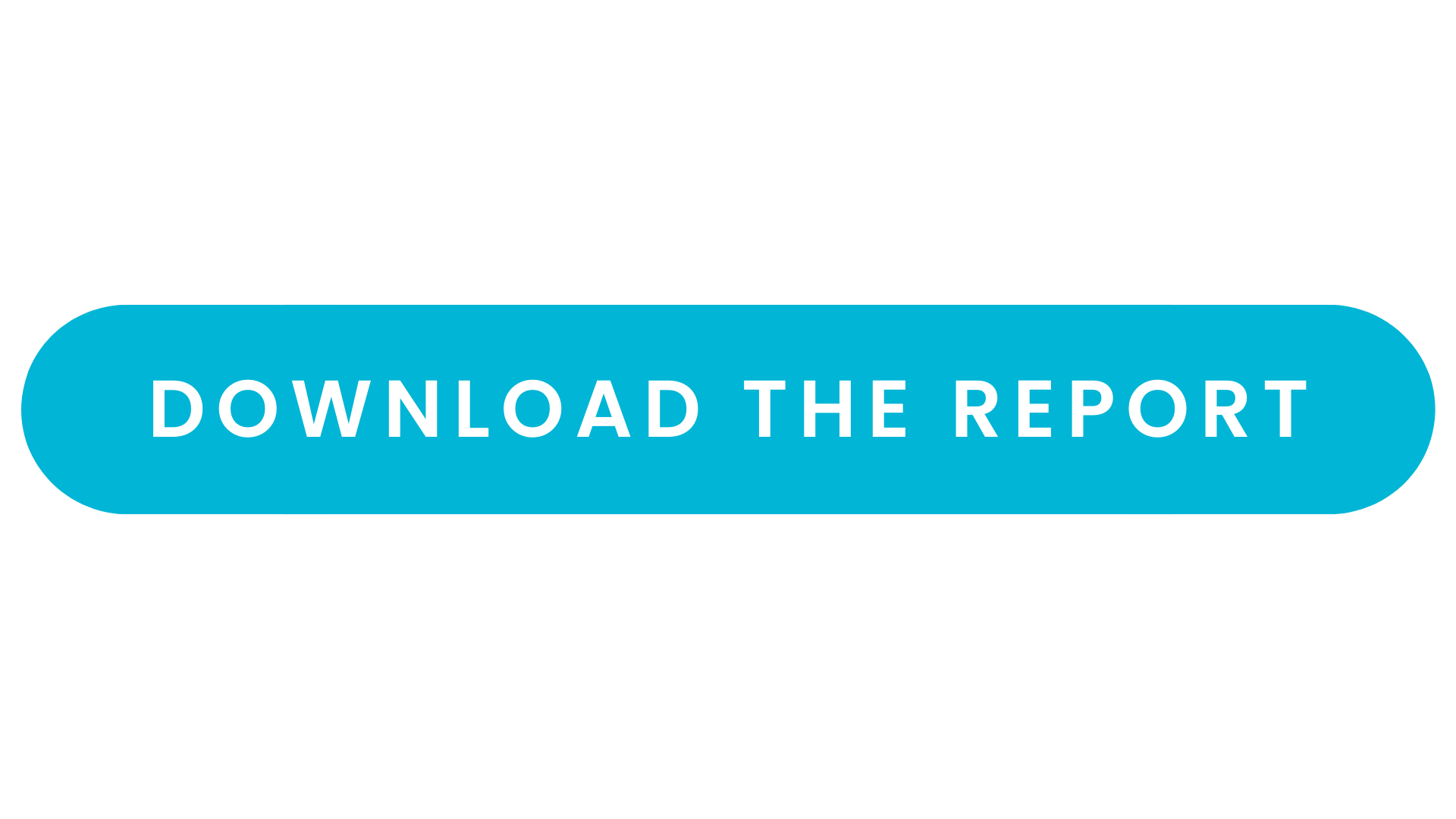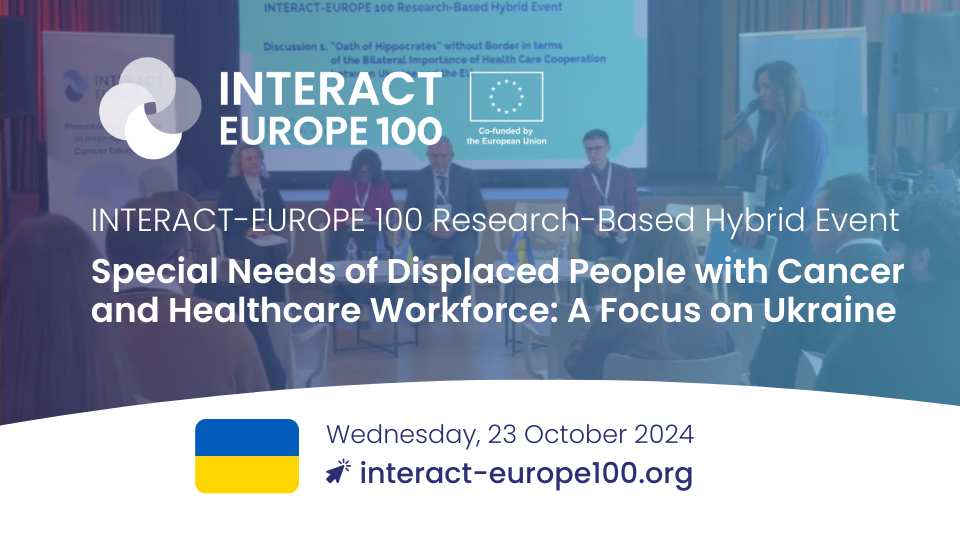reports
November 2024

An estimated 12 million women in Europe are currently living with cancer. Another 1.2 million women are diagnosed with the disease each year – and nearly 600,000 are dying from it annually.
Enough is enough!
Read more
news
23 October 2024

[Ukraininan version below]
Ivano-Frankivsk, Ukraine - On Wednesday, 23 October 2024, the European Cancer Organisation (ECO) will join the Carpathian Institute of Analytics (FrankoLytics) to participate in the event ‘Special Needs of Displaced People with Cancer and the Healthcare Workforce: A Focus on Ukraine’.
Read more
news
08 October 2024
On 10 October each year, we pause and reflect on World Mental Health Day.
The theme of this year’s campaign: ‘It is Time to Prioritise Mental Health in the Workplace’.
Read more
news
01 October 2024
Our CEO, Mike Morrissey, has decided to take up a new position and will be ending his management company’s agreement with ECO at the end of this year.
Read more
news
27 September 2024
On 25 September, during the United Nations General Assembly in New York, Prof. Daniel Kelly, representing the European Cancer Organisation and ECO's HPV and Hep B Action Network, participated in a critical meeting to discuss accelerating the elimination of cervical cancer and other HPV-related cancers.
Read more
news
20 September 2024
Research is integral to so much of ECO’s work. Not only do we champion evidence-based policymaking (policy research), but we also foster support for research initiatives throughout the whole cancer pathway (research policy). This is why we’ve invested our efforts into strengthening the European Cancer Pulse on a regular basis and also recently launched the ‘Research Policy’ Network, which explores policy priorities for European cancer research and innovation policy at large.
Read more
news
16 September 2024
As part of this year’s Head & Neck Cancer Awareness Week, the European Cancer Organisation (ECO) is proud to collaborate with the Make Sense Campaign in advocating for better access to cancer care across Europe. This year’s theme, 'Equal Access, Equal Care: Uniting Europe Against Head and Neck Cancer', emphasises the need for progress in prevention, early diagnosis and treatment of head and neck cancers. It also spotlights the need for more equitable care across Europe and what we can do to improve awareness of the signs and symptoms of head and neck cancer.
Read more
news
10 September 2024
More than 40% of physicians in Europe will be retiring within the next five years, according to the World Health Organization. Healthcare professionals still practicing will be grappling with overwhelming workloads, excessive bureaucracy, and inadequate support, driving many more to burnout. Under such conditions, medical mistakes are inevitable and patient care suffers.
The European Cancer Organisation, alongside its member societies and broader community, has embarked on a pan-European campaign entitled, 'Time to Accelerate: for Our Workforce'. It challenges policies within national governments and health institutions to improve working conditions for cancer professionals.
Yet, addressing this crisis requires more than top-down policy reforms. Groundwork is essential. So, the European Cancer Community Foundation is introducing the European Cancer Workforce Grants.
Read more
news
29 August 2024
The European Cancer Organisation recently contributed to the development of the Core Curriculum for the European Diploma in Pain Medicine, led and published by the ).
Read more

